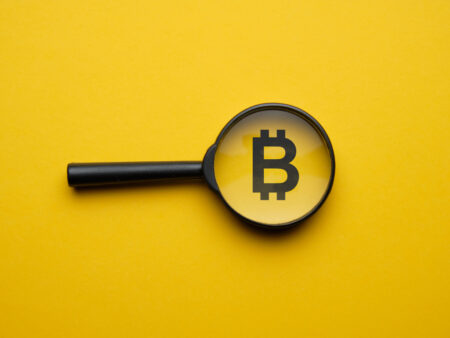The cryptocurrency market, known for its volatility, has witnessed a whirlwind of events following former President Donald Trump’s embrace of digital currencies. A recent frenzy over a newcomer to the crypto scene, Trumpcoin, ticker symbol DJT, has sparked widespread speculation and a subsequent pricing rollercoaster.
Trump has a history of financially benefiting from crypto-related enterprises, notably raising millions through Non-Fungible Tokens (NFTs) and accepting campaign donations in leading cryptocurrencies including Bitcoin, Ethereum, and Dogecoin. In a striking declaration, he reportedly demonstrated support for crypto during an event in Silicon Valley, positioning himself as the “crypto president.” This pledge has garnered the support of high-profile industry proponents such as Ryan Selkis and Bitcoin Magazine CEO David Bailey.
The drama intensified when Pirate Wires drew connections between DJT and the former president’s campaign, a narrative further fueled by Mike Solana, vice president at Founders Fund. Solana’s claims that Trump was launching an official token, DJT, and that Barron Trump, his son, was at the helm, sparked a buying frenzy. The new cryptocurrency’s value surged by approximately 300%, as the market reacted to these assertions.
However, the initial excitement was short-lived. Controversial figure Martin Shkreli, once denying any involvement, eventually confessed to creating the DJT memecoin. This revelation—indicative of a speculative bubble built on shaky foundations—led to a dramatic 300% drop in the value of DJQ. Shkreli’s admission, which implicated Barron Trump in the project’s development, seemed to puncture the inflated expectations surrounding the cryptocurrency.
The event serves as a cautionary tale for the crypto community. The rollercoaster ride of DJT illustrates the market’s sensitivity to influential personalities and unverified claims. Bailey’s warning highlights an underlying concern: false associations with high-profile figures like Trump could not only sway market sentiment but potentially undermine the former president’s position on cryptocurrencies and, more broadly, erode the industry’s credibility.
As the dust settles, investors and observers alike are reminded of the imperative of due diligence and the dangers of market speculation based on rumors. The episode underscores the importance of verifiable information in an industry that is still, in many respects, the new frontier of finance. It also underscores that in the unpredictable world of cryptocurrency, widespread acceptance and intense skepticism often go hand in hand.










